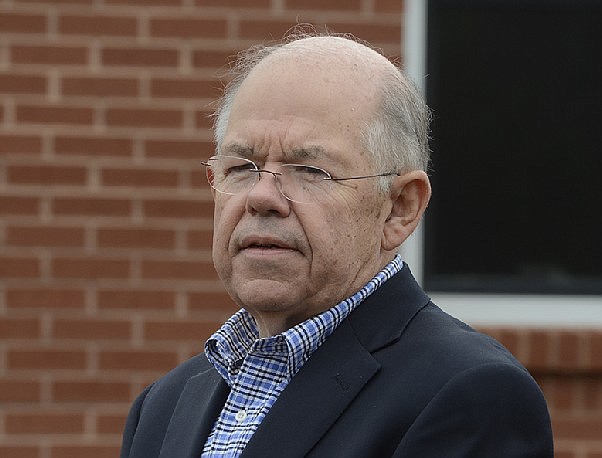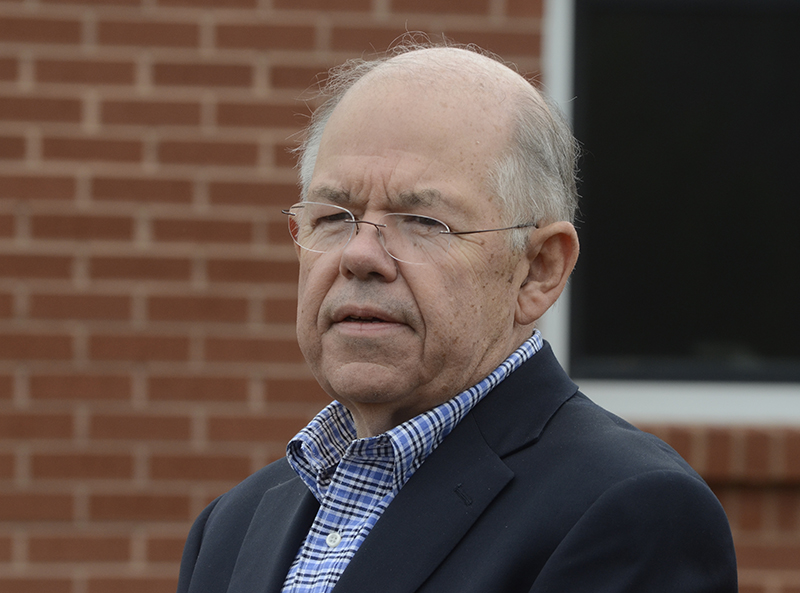NASHVILLE - Tennessee Agriculture Commissioner Julius Johnson is reminding the state's farmers to maintain their eligibility for some state cost-sharing grants by taking advantage of new continuing education opportunities offered by the University of Tennessee Institute of Agriculture's Extension program.
"Agricultural leaders recently unveiled a strategic plan to grow and develop our industry over the next decade," Johnson said today in a news release. "Education and research were recognized as key components for helping us achieve our goals, and these continuing education opportunities will be important for producers to maximize efficiency in their operations and to increase farm profitability."
Beginning in 2015, producers wanting to qualify for 50 percent cost share funding through the Tennessee Agricultural Enhancement Program may need to participate in UT advanced continuing education opportunities by certain program reimbursement deadlines.
The TAEP, which is funded to the tune of $21 million a year from cigarette sales taxes, provides grants to farmers in areas ranging from livestock equipment to grain storage, said department spokesman Tom Womack.
The goal is improving agricultural production and farmers' income, and Womack said it's working well. The department points to a UT study which shows that for every TAEP dollar invested nearly $4 is generated in additional economic activity in local communities.
Agriculture grants range from 35 percent to 50 percent of improvements that qualify. The 50 percent grants require participating in the continuing education programs. The 35 percent grants have no such requirements.
Grants can range as high as $15,000 in some areas of production.
"From the very beginning of the program, we felt very strongly there needed to be some kind of educational requirement for farmers to get additional funding," Womack said.

